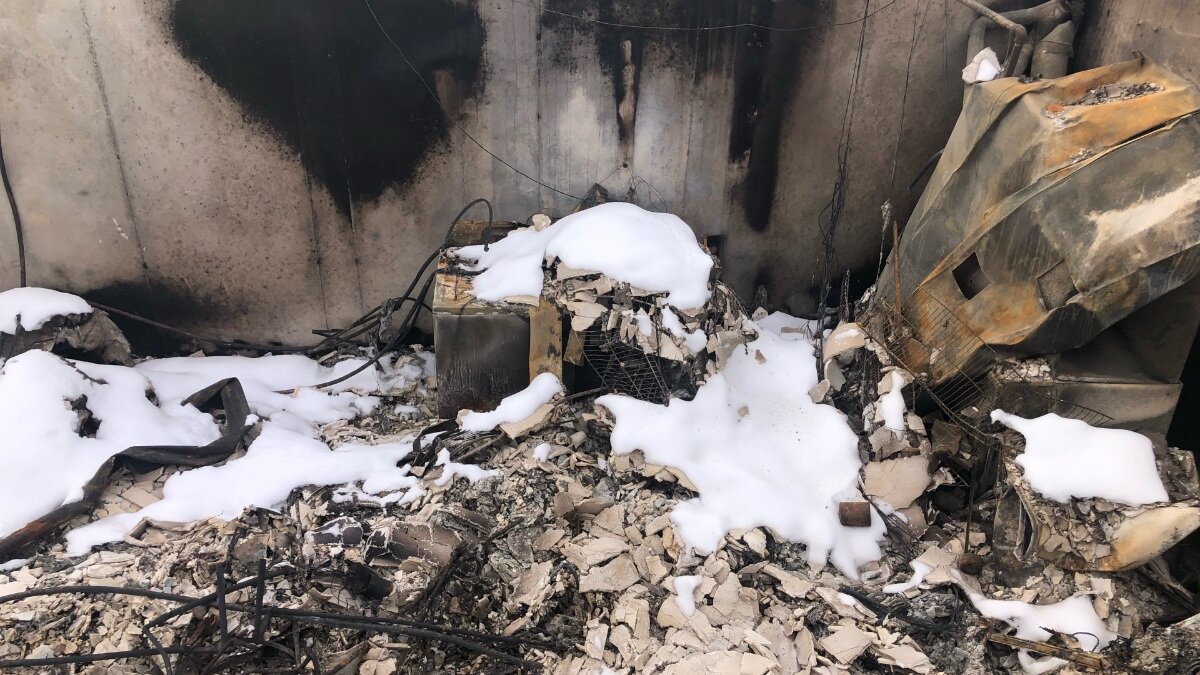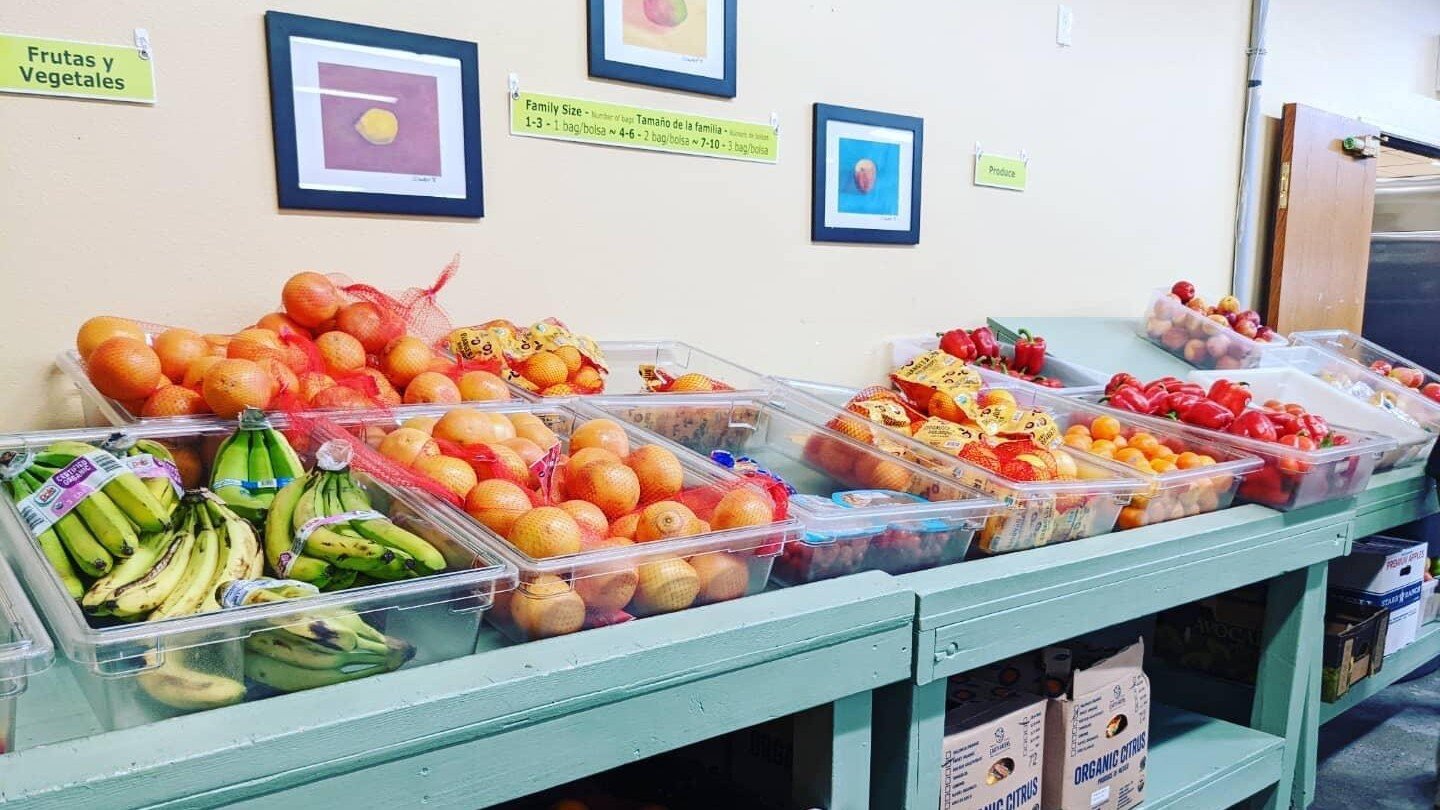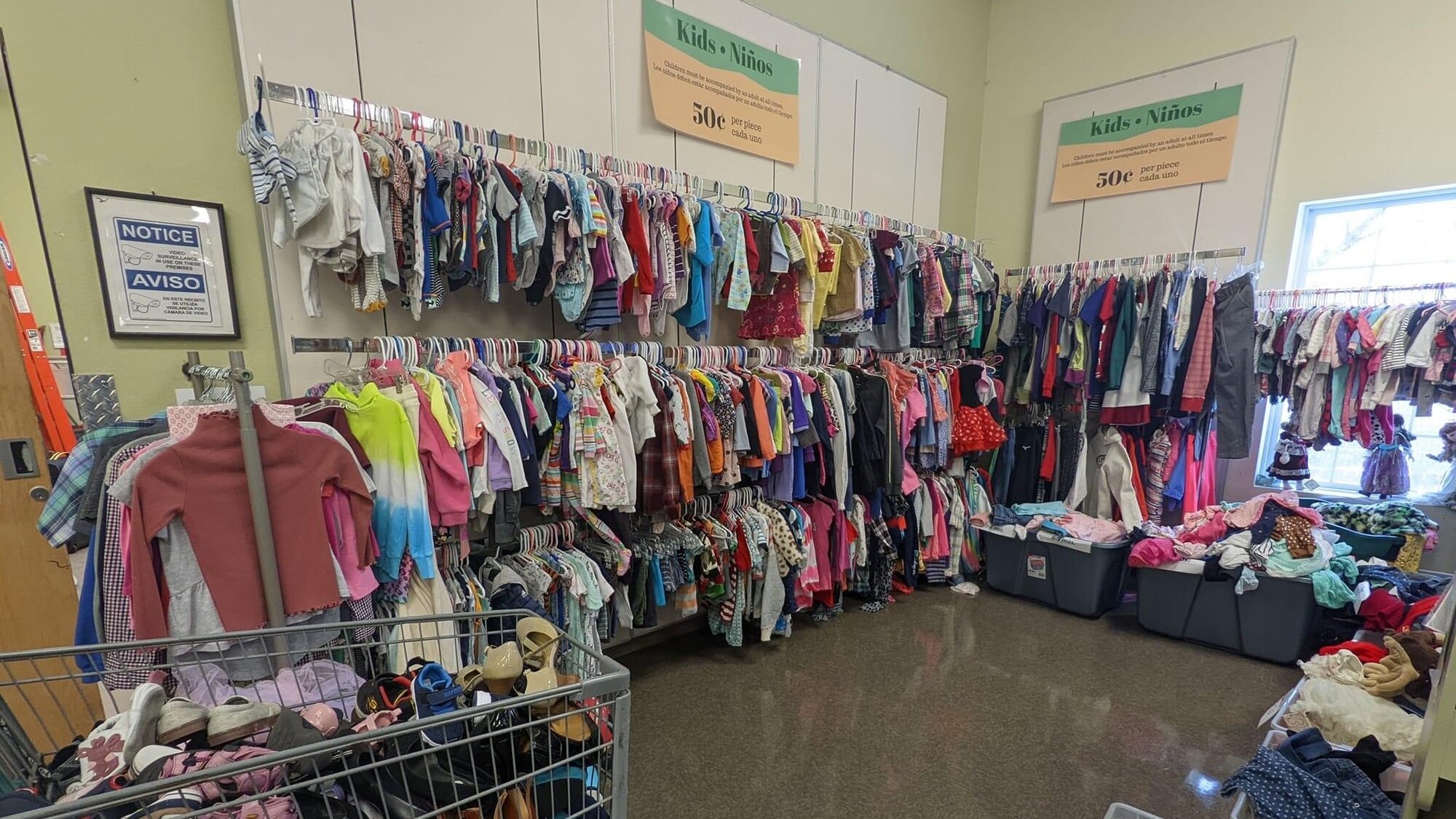Undocumented families affected by the Marshall fire are being left out of some assistance

LAFAYETTE, Colo. — When Rocio Nuñez thinks about the resources available to people affected by the Marshall Fire, she can’t help but think about the options not accessible to undocumented families.
Nuñez is a cultural ambassador and bilingual advocate for Sister Carmen Community Center in Lafayette. Her job is to help people get back on their feet. That can be much harder for undocumented families when many of the recovery resources available require a social security number.
Most federally issued resources require a social security number, but there are some community-based and county-issued resources that are accessible to undocumented people. Right now, Nuñez is working with three undocumented families who lost everything to the fire, including their homes. Some are living with family or friends, while others are staying in hotels.
One family was rehomed Thursday with the Boulder Housing Authority, but the process to get them there was not easy.

For 20 years, a family of six lived in the same Boulder County house. When the Marshall fire charred all their belongings, their landlord said the only thing they could do was end the lease.
The family was left homeless with nothing more than the clothes on their back and little access to the millions of dollars available for other people in their situation.
The family asked not to be identified in this story due to their legal status, but they did share that the sons are in college, middle school and elementary school. “Our first challenge was finding a home that could accommodate the family and their pet,” said Nuñez. “That alone was hard; there is no housing available.”
The family is a mixed status family: the children are U.S. citizens, and the parents are undocumented. While that opens doors to more opportunities, the parents wanted to protect their children’s future credit and chances at one day becoming homeowners, just to help them through this chapter.
Many immigrant families constantly think about not being a burden to the government. Not just because of societal narratives but because it can be a real threat to their future citizenship application.
“They felt responsible to find a home for their children and felt the obligation to do it themselves,” said Nuñez. “As an immigrant, I understand completely.”
This decision made it harder for the family to find housing, their most immediate need.
For starters, to apply to rent a house or an apartment they must go through the credit and rental history check. “That’s a big challenge because they don’t have social security numbers,” Nuñez explained.
The family tried reaching out to private landlords in order to explain the situation, but that lead to dead ends. Even if they were to use their 18-year-old’s social security number to apply for rent, Nuñez said he didn’t have any credit or rental history, which would put them back in square one.

Nuñez then found out about the Boulder Housing Authority spaces set aside for Marshall Fire survivors. Since that is county-issued aid, not federal aid, the family was able to apply and ended up being accepted. But, Nunez said, not everyone has that same luck or even the knowledge to look there.
On the county level, Boulder County provides services through the Disaster Assistance Center (DAC). The center, located at 1755 South Public Road in Lafayette, is open from 9 a.m. to 5 p.m. seven days a week. The center helps with property loss and filing claims for assistance, financial and food assistance, mental health support, transportation and more. Their website says they can help in English and Spanish speakers and that all community members are welcome regardless of documentation status.
Tatiana Hernandez, CEO of Community Foundation Boulder County sent this statement to Rocky Mountain PBS:
"Regardless of documentation status, our funds are available to anyone who resided in a damaged or destroyed home or was evacuated. In the immediate aftermath of the fires, the Boulder County Wildfire Fund is distributing $5 million in financial assistance to families or individuals whose homes were damaged or destroyed and an additional $500,000 to support the needs of evacuees. We are distributing these funds at the Disaster Assistance Center located at 1755 South Public Road in Lafayette. We strongly encourage anyone affected to go directly to the DAC."
On the federal level, when a disaster is declared, the Federal Emergency Management Agency (FEMA) gets involved to support the rebuilding process. This type of help is considered federal aid, which means most undocumented folks cannot apply. But there is one loophole.
Ana Temu with the American Civil Liberties Union (ACLU) said that if one family member is a citizen, the family can apply for FEMA assistance. Temu has seen 6-month-olds qualify their entire family for aid.
But it's rarely a straightforward decision for undocumented families. If receiving a government benefit is determined to be a public charge, it can jeopardize a family’s chances of one day applying for citizenship. This gray space deters a lot of families from even trying to receive aid, just to play it safe, said Temu. In this case, emergency disaster relief is not included in the public charge determination. That’s an important distinction Temu wants people to understand so they’re not afraid to apply.
Unemployment is another government-issued resource undocumented families cannot access. People must have work authorization, like the kind included in DACA, to qualify. If they’re undocumented, they can’t apply for unemployment benefits.
This is important for the people whose jobs were affected by the fire. While some could apply for unemployment as they look for other jobs, undocumented families are left without that option.
Nuñez said she has seen a lot of that at Sister Carmen.
For families whose jobs were affected, Sister Carmen provides emergency financial assistance and connects them to other resources to help them get pay bills. And their help doesn’t stop there.
“We’ve been serving the community of East Boulder County for more than 40 years without discrimination and we’ve always been a safe space for undocumented families,” Nuñez said.

Sister Carmen Community Center in Lafayette operates a thrift store where people affected by the Marshall fire can shop for free. The money from other sales and all cash donations are used to help the community with bills, rent, deposits and gift cards. “The things they didn’t find, we were able to provide gift cards for,” explained Nuñez.
Sister Carmen Community Center has food bank and case managers available to anyone who needs them, regardless of legal status.
If you’d like to learn more about the Sister Carmen Community Center, click here.